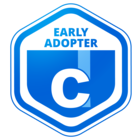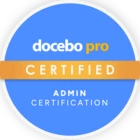@cimberli, there are heaps of insights in @ryan.woods’s tips for a healthy hybrid strategy using both a success community (like inSided) and a social learning tool (like DCS). I agree with everything that Ryan shared! Here’s my paraphrased version of one of Ryan’s points:
One way to differentiate DCS and inSided (or any community platform) could be by organizational structure:
DCS: Structure your channels in Docebo by specific learning objectives. Be it product-related, role-based, jobs to be done, etc. – make sure that these channels align well with other learning content and objectives that you tackle elsewhere in Docebo. Organize and facilitate conversations around specific learning content. More than likely, your customers will discover DCS content in the flow of learning – either by discovering similar “suggested content” while viewing an asset in Docebo, or by being guided to a channel via certain pages/menus that you design.
inSided (or any success community): Structure your “forums” (or as we call them, “Discussion Categories”) loosely to make it easy for customers to ask the questions they want to ask without necessarily having to worry about where they go. Then, you and/or moderators can do the work on the backend to keep those conversations and posts organized for future reference. More than likely, your customers will discover community content “organically” via search when they have an issue/question related to that content. Community content often marries well with Knowledge Base content (which is why it’s so great that inSided supports a federated search with Zendesk, who we use for Docebo Help!)
@cimberli how does this align with your current vision? We’re learning together as we take on this journey, so I’d love to hear whether you agree/disagree!
@Cindy McElhinney you might find this thread helpful considering some of our recent conversations.







